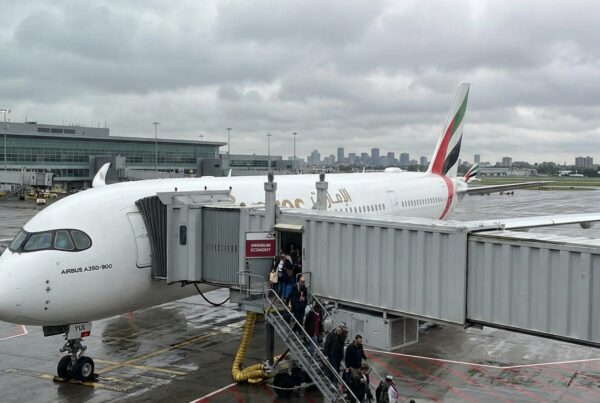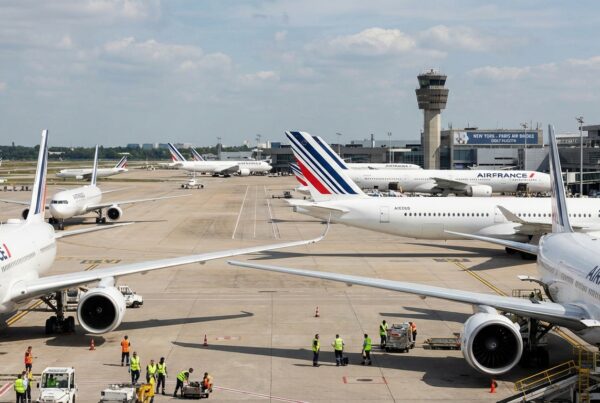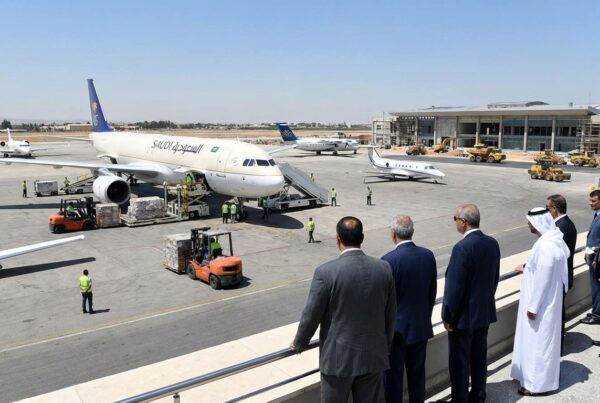The European Union has recently updated its list of banned airlinesby adding those based in Tanzania and Surinam. This decision is part of a policy to reinforce air safety on the continent. Carriers are allegedly not complying with mandatory international standards, putting passenger safety at risk. The update encourages these companies to review their practices and improve their standards, while guaranteeing travelers reliable transport conditions. The authorities continue to monitor the sector to ensure safe air transport in line with international requirements.
In a decision that marks a new stage in aviation safety, theEuropean Union has revised its list of banned airlines. The update now includes carriers from the Tanzania and Surinam. This decision is part of a reinforced regulatory framework designed to guarantee high safety standards for travellers using European airspace.
The importance of regulatory updates
TheEU comes after a series of incidents and warnings about the maintenance and safety standards operated by certain airlines. A more rigorous examination of the carriers' files has revealed a number of regulatory shortcomings, similar to contrasting situations such as a American Airlines 737-800 engine firewhich itself raised serious concerns about maintenance procedures.
Analysis of the practices of the companies concerned has highlighted the importance of transparency and rigorous adherence to international standards. The revision of the list is intended as a strong signal to motivate carriers to improve their procedures and comply with international standards. safety standards imposed by theEU.
Impact on companies and travellers
For the airlines on this list, the direct consequence is a ban on access to the European market. Such a ban is not insignificant, and could lead to major flight redeployments, generating operational and financial readjustments. For passengers, this measure offers an additional guarantee of safety, ensuring that only carriers complying with international standards operate in European airspace.
This is not an isolated incident. Similar measures have been taken in the past, as evidenced by previous incidents involving other carriers, for example the Jeju Air incidentwhich led to the opening of a commission of inquiry by the South Korean Parliament.
The role of international bodies
TheEU is part of an international drive to regulate the aeronautical sector. Recent sanctions, such as thefine imposed on Air Canada by the United States, demonstrate the authorities' determination to guarantee compliance with the strictest safety standards.
In addition, the registration of a carrier as a Air Tanzania in the European blacklist had already sparked reactions and highlighted the potential risks associated with insufficiently controlled practices.
Consequences for the global aviation market
The updated list of companies banned by theEU could have a knock-on effect on the global aviation market. Carriers in the targeted countries are now called upon to review their internal safety and maintenance procedures. Increased oversight of their operations is expected to enable their eventual reintegration into the European market.
Passengers, meanwhile, benefit from an environment that focuses on service quality and safety. With the globalization of trade, many industry professionals, including aeronautical engineers, are closely monitoring the evolution of industry standards. One example of this proactive approach is the interest shown in last-minute travel, such as last-minute departure for Australiawhere safety and comfort requirements are also very high.
TheEU also strengthens collaboration between international regulators, who do not hesitate to examine similar cases in real time. In this way, every measure taken is designed to prevent tragedies in the future, by encouraging greater transparency and better risk management in the aeronautical sector.

Company list update comparison
| Criteria | Description |
|---|---|
| Countries concerned | Targeting the Tanzania and the Surinamthe measure extends the exclusion to local companies. |
| Measurement type | Update of the ban list for airlines. |
| Issuing institution | Decision taken by theEU to enhance flight safety. |
| Objective | Ensuring compliance with safety and international. |
| Impact on companies | Restriction of operation and questioning of their compliance with standards. |
| Economic impact | Potential financial losses and review of their business models. |
| Regulatory follow-up | Tighter control and ongoing monitoring by European authorities. |




